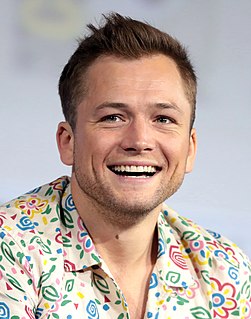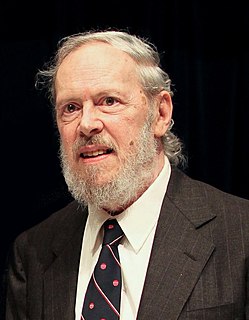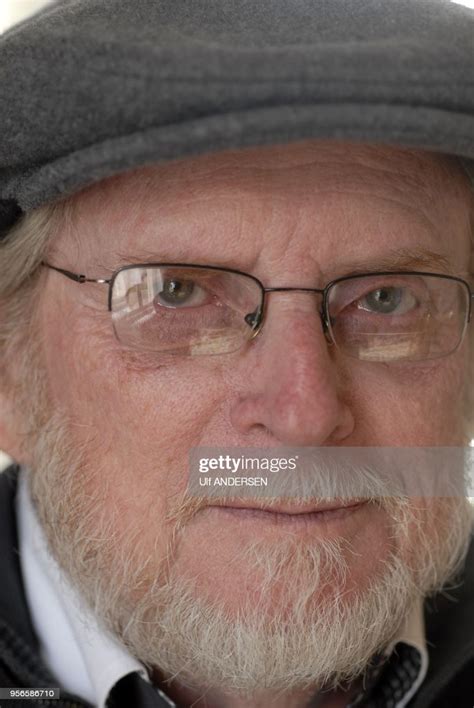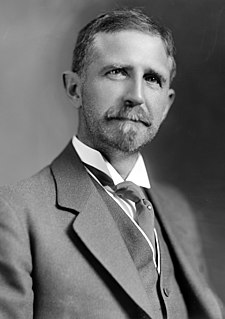A Quote by Michael Treanor
A difficulty journey is more revealing of character than any discussion or analysis.
Quote Topics
Related Quotes
THE MALE JOURNEY t some point in time, a man needs to embark on a risky -journey. It's a necessary adventure that takes him into uncertainty, and it almost always involves some form of difficulty or failure. On this journey the man learns to trust God more than he trusts a sense of right and wrong or his own sense of self-worth.
The endless teen franchises that come out of Hollywood... more often than not, the central character doesn't have any discernible character traits. They're just the young, good-looking guy who goes on this journey. They're always played by fantastic young actors, but ultimately, they're not very interesting characters.
Science, my dears, is the systematic dissection of nature, to reduce it to working parts that more or less obey universal laws. Sorcery moves in the opposite direction. It doesn't rend, it repairs. It is synthesis rather than analysis. It builds anew rather than revealing the old. In the hands of someone truly skilled,...it is Art.
The discussion of 'V for Vendetta' - on Pinocchio Theory in particular - has been far more interesting than the film deserved. Yes, there is a certain frission in seeing a major Hollywood movie refusing to unequivocally condemn terrorism, but the political analysis in the film (as in the original comic) is really rather threadbare.
A character standard is far more important than even a gold standard. The success of all economic systems is still dependent upon both righteous leaders and righteous people. In the last analysis, our national future depends upon our national character that is, whether it is spiritually or materially minded.
With The Myth of Achievement Tests, James J. Heckman, John Eric Humphries, and Tim Kautz have offered a wealth of insightful analysis and brought together a number of topics often treated separately to inform a comprehensive discussion of the growth, character, and impact of the GED that is truly monumental. This is a first-rate book.


































